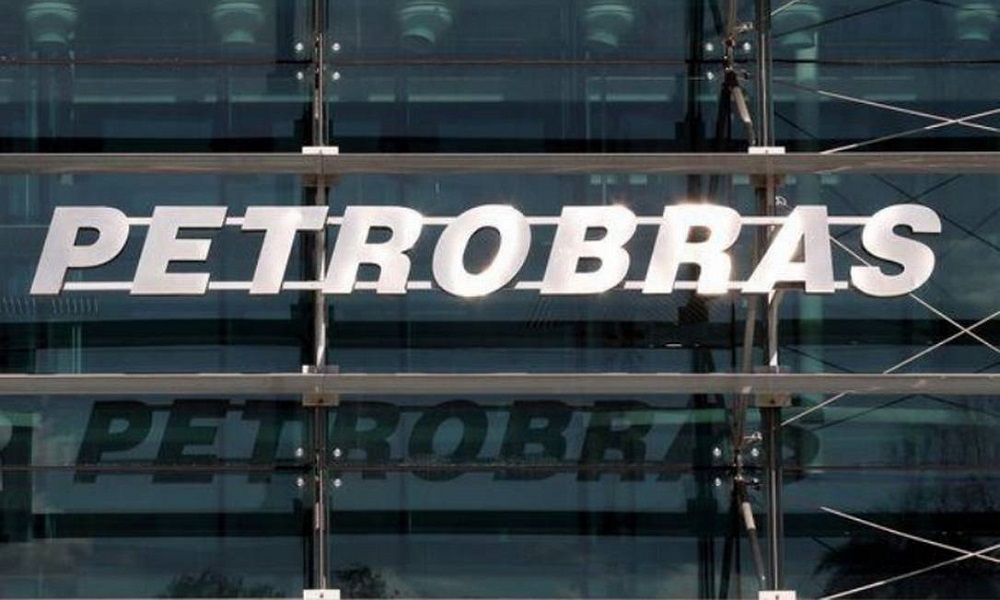RIO DE JANEIRO, BRAZIL – The government plans a package of measures to reduce the price of aviation kerosene by 2020. The goal is to cut the cost by up to 20 percent to attract new businesses, increase competition, and, as a result, lower airfare prices.
One of the proposals under study is to end the incidence of the PIS/Cofins (Social Integration Programs/Contribution for Social Security Financing) on aircraft fuel.

“It is not an easy discussion, because talking about reducing revenue is complex, but we believe it is an option that will boost the country’s economy,” said the head of the Secretariat of Civil Aviation (SAC), Ronei Saggioro Glanzmann.
The Ministry of Economy is taking part in studies to eliminate the PIS/Cofins. “We need to determine the fiscal and tax impacts,” said Glanzmann. The tax corresponds to seven cents of a liter of kerosene, which costs around R$3 (US$0.75).
The other measures in the package are to break the concentration of companies in the distribution of kerosene, to introduce a slightly cheaper fuel in the country, already used in the USA, and to end the monopoly of Petrobras in the sale of kerosene.
Glanzmann recognizes that the work will not produce effects overnight, but stresses that the SAC’s focus in 2020 is to attack the price of fuel. The price is one of the obstacles for the advent of new companies in the country, according to him.
It is an old complaint from aviation companies since aviation fuel in Brazil is approximately 40 percent more expensive than the international average. In 2019, there was a reduction in the ICMS, a tax levied by states, but there are other elements in the chain that affect the balance.
According to SAC, part of the reason for the high cost is the concentration of fuel distribution in only three companies. To increase competition, a working group was set up between the National Civil Aviation Agency (ANAC) and the National Petroleum Agency (ANP) to regulate the criteria for access by other companies to distribution infrastructures.
“The owner of the pipeline has to allow several distributors to use the equipment. The goal is to have a rule for this, a pricing system,” he explained. The regulation would be a way to avoid “punitive” prices that bar new companies from joining.
With easy access to pipelines, an import route for fuel is another issue that can be made feasible, said Glanzmann. “Today, importation into Brazil is more complex, due to the difficulty of access to infrastructure,” he said.
Monopoly
The monopoly of jet fuel sales by Petrobrás also bothers the government and has become a target within the package. Glanzmann recalls that the state-owned company has already started selling a number of refineries. “Today, Petrobras has the refining monopoly in Brazil.
So, the distributor only buys aviation fuel from a single supplier, which is the state-owned one. We want to break this, at the start of the production chain.”
In June, the Administrative Council for Economic Defense (CADE) ratified an agreement with Petrobrás for the sale of refineries and terminate the investigation against the state-owned company in the agency. The proposal represents the sale of assets corresponding to half of its refining capacity.
Another point directly involving Petrobrás is the type of fuel produced in Brazil. The SAC wants to deal with the state-owned company and the ANP on the production and sale of kerosene costing one to two cents less than that currently used.

The difference is that this other type has a slightly lower freezing point, as explained by the head of the aviation secretariat. The fuel used today by airlines is ideal for interpolar routes, but the secretary sees no need to demand the product on domestic routes, where there is no risk of freezing the fuel.
According to Glanzmann, there is currently a partnership with ANP for investment in the agency’s chemical analysis laboratory, located in Brasília, through the National Civil Aviation Fund (FNAC), which enables the new fuel to enter into its study stage.

